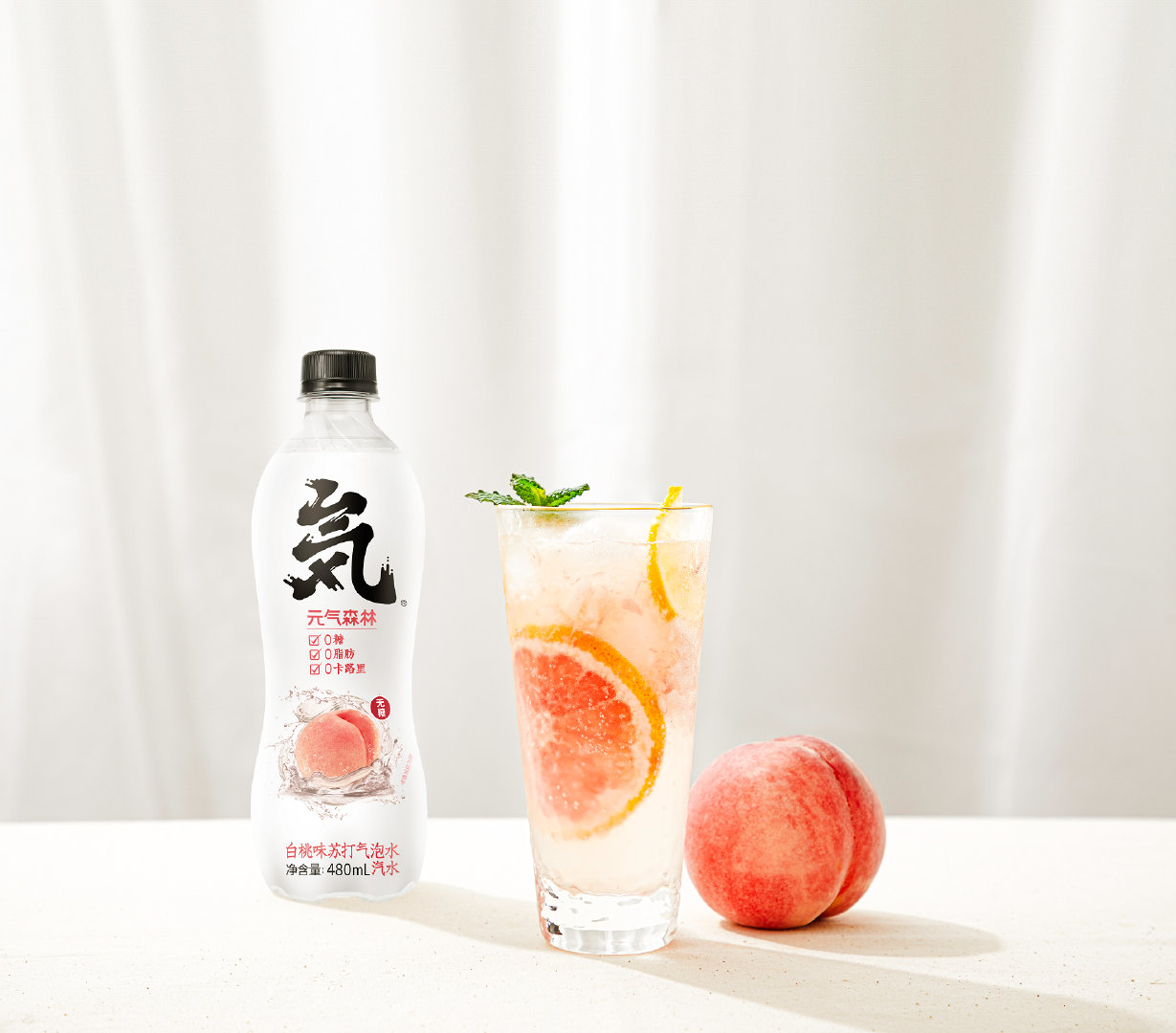At the end of October 2020, China’s sugar-free soda giant Genki Forest held its own annual dealer meeting. The information at the meeting was recently exposed by the Chinese media.
Tang Binsen, founder of Genki Forest, said at the meeting that they still have 95% of their new products waiting to be launched, which means the brand will release more new products in 2021.
At the same time, at the meeting, the company revealed that it had set the total target sales of offline sales channels at 7.5 billion yuan (about US $1.145 billion) in 2021. This is at least three times higher than its figure in 2020, when the company aims to sell 2.5 billion yuan (about $382 million) through all channels in 2020.
Although sales of Genki Forest soda were hit by Covid-19 in the first quarter, demand rebounded strongly after the outbreak. According to people familiar with the matter, Genki Forest sold 400 million yuan (about $61 million) of drinks in the best month of the year.
As a four-year-old beverage company, its growth is shocking.
Genki Forest was founded in Beijing in 2016, and although many consumers think it comes from Japan, it’s really just a marketing strategy. It was founded by well-known Chinese investor Tang Binsen, a former Chinese social gaming tycoon whose company developed Happy Farm and Age of Warring Empire, which are popular around the world.
See Also: What is Genki Forest?
After the emergence of the trend of sugar-free soda consumption caused by Genki Forest, many traditional beverage spoilers have also increased their investment in the sugar-free beverage market in China.

But Genki Forest’s growth is not limited to sales. It also makes traditional beverage companies feel ashamed of its ability to develop new products. Genki Forest first quickly gained market by selling sugar-free sparkling water and sugar-free white peach oolong tea (burning tea), then launched sugar-free milk tea, sugar-free energy drinks, sugar-free yogurt, low-sugar fruit juices, and acquired a bottled coffee brand.
Chinese business analysts believe that thanks to the founder’s experience in the internet industry, the brand uses an agile and iterative marketing strategy to decide which new products to invest heavily in and abandon others through constant AB testing and data analysis. In order to achieve this goal, Genki Forest also opened its first factory this year and gradually reduced its contract production.
Of course, this means that Genki Forest needs more advertising in different channels to achieve effective target audience coverage. According to the information disclosed at the meeting, the investment in marketing expenses for Genki Forest in 2020 will be 500 million yuan (about $76 million), and this figure will exceed 700 million yuan (about $107 million) in 2021.
In addition, Genki Forest will set up 80,000 intelligent vending machines in the Chinese market in 2021. This will help significantly boost Genki Forest sales in second-and third-tier cities. Because the main sales channel of Genki Forest is convenience stores, while convenience stores in China are mainly concentrated in first-tier cities.

评论